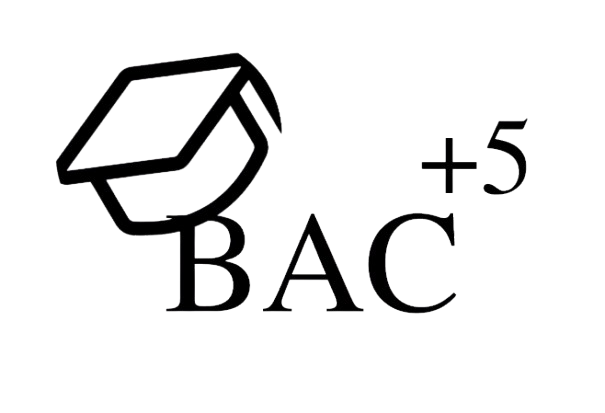Origins & Expansions
The engineering education system is designed to train highly qualified professionals in scientific and technical fields. Inspired by the French system, it was adopted in Algeria to meet the needs of industrial and technological development. Unlike the LMD system, engineering education follows a long, specialized, and structured academic model based on yearly progression
The Classic System in Algeria (ING)
The engineering system in Algeria consists of a five-year program after the Baccalaureate, leading to the State Engineer Diploma (Diplôme d'Ingénieur d'État). This degree is recognized for its high level of specialization and its d'État). This degree is recognized for its high level of specialization and its focus on applied research and industry.
Structure and Duration
The engineering curriculum is divided into two main phases:

- Preparatory Cycle (Common Core) – 2 years
- - General training in fundamental sciences and technology.
- - Core subjects: Mathematics, Physics, Chemistry, Computer Science, Electronics, Mechanics, etc.
- - Access to the engineering specialization cycle after passing the preparatory years and/or an entrance exam.
- Specialization Cycle – 3 years
- - Advanced training in a specific engineering field.
- - Acquisition of technical, scientific, and professional skills.
- - Completion of a Final Year Project (PFE – Projet de Fin d'Études) in the last year.
At the end of the five years, students defend a thesis in front of a jury and obtain the State Engineer Diploma.
Organization and Workload
Unlike the LMD system, the engineering system does not use ECTS credits. Instead, it is based on a yearly academic structure, meaning students must pass an entire year to advance to the next one.
- Academic Year: Continuous cycle (no modular validation per semester).
- Assessments: Continuous assessments, semester exams, and laboratory work.
- Final Year Project (PFE) in the 5th year, with an internship in industry or research.
The Teaching Unit (UE)
Courses are organized into different units:
- Fundamental Units (UEF) – Core scientific knowledge (Mathematics, Physics, Chemistry, Computer Science)
- Technical and Technological Units (UETT) – Engineering-specific subjects (Electricity, Mechanics, Thermodynamics, etc.)
- Specialization Units (UES) – Advanced coursework depending on the chosen field.
- Professional and Elective Units (UET) – Project management, communication, languages, and entrepreneurship.
